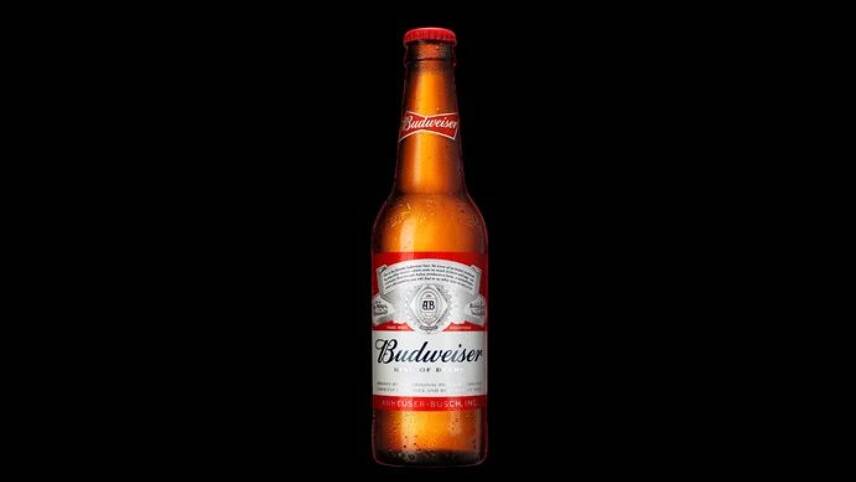Register for free and continue reading
Join our growing army of changemakers and get unlimited access to our premium content

Rice growers can earn a premium for "progressive practices" under the new Anheuser-Busch deal
Indigo Agriculture will deliver 2.2 million bushels of Indigo Rice to Anheuser-Busch that is grown with specific environmental attributes. Rice growers contracted with Indigo will produce rice using 10% less water and nitrogen – and save 10% in greenhouse gas emissions – compared to state-level benchmarks.
Anheuser-Busch believes the partnership is the first of its kind to offer growers an end-to-end solution that incentivises the commercial production of sustainable rice.
Indigo’s chief executive David Perry, said: “Indigo is leveraging its end-to-end, integrated approach to agriculture to grow, capture, and preserve the value of sustainably produced ingredients.
“By collaborating with leaders across the supply chain, we’re conserving natural resources, preserving farmland for future generations, and producing healthier final products.”
Vice president of procurement and sustainability at Anheuser-Busch, Ingrid De Ryck, said the move “rewards our farming community for adopting sustainable agricultural practices and incentivises further innovation”.
The project supports three of Anheuser-Busch’s 2025 sustainability goals: advancing smart agriculture; watershed health; and carbon emissions reductions.
Anheuser-Busch’s director of agronomy Jess Newman said the project was a “win-win” for grower profitability.
“Growers can earn a premium for progressive practices, save on water and nutrient input costs, and realise yield increases due to the Indigo microbial seed treatment for rice. By creating a market for rice grown with innovative practices, we are delighted to empower and support our growers as they continue to move the industry forward on farm efficiency.” Newman said.
Indigo’s full suite of microbial and digital offerings, trained on-farm professionals, and data analysis capabilities allow the company to guarantee identity preservation and transparency in the planting, growing, and delivery of rice to meet defined thresholds for sustainability, it claimed.
Parent goals
The brewer is the largest end user of rice in the US, and rice is a key ingredient in their leading beers such as Budweiser.
Both itself and its parent company, Anheuser-Busch InBev (AB InBev), have a long history of sustainability programmes and strategies, and have committed to reducing greenhouse gas emissions by 25% by 2025 against a 2017 baseline.
The overall emissions targets include commitments that 100% of direct farmers are “skilled, connected and financially-empowered”, all packaging is returnable or made from “majority-recycled” content and all communities in high-stress water areas have measurably improved access to, and quality of, water. The 25% carbon reduction has been submitted through the Science-Based Targets Initiative (SBTI), and covers scope 1, 2 and 3 emissions.
Most recently in February, the brewer announced plans to trial LNG deliveries out of its Samlesbury brewery in Lancashire. In a first for the company’s UK breweries, the LNG trial will aim to reduce CO2, Particulate Matter, Nitrogen Oxide and noise emissions. Also, it has placed a renewable electricity label on any Budweiser beer that has been brewed using 100% renewable electricity. This includes beer produced in the UK.
To date, it has saved £46.5m in the past four years through energy-efficiency improvements and is launching a new innovation programme aimed at solving more than 100 sustainability challenges by 2025.
James Evison


Please login or Register to leave a comment.